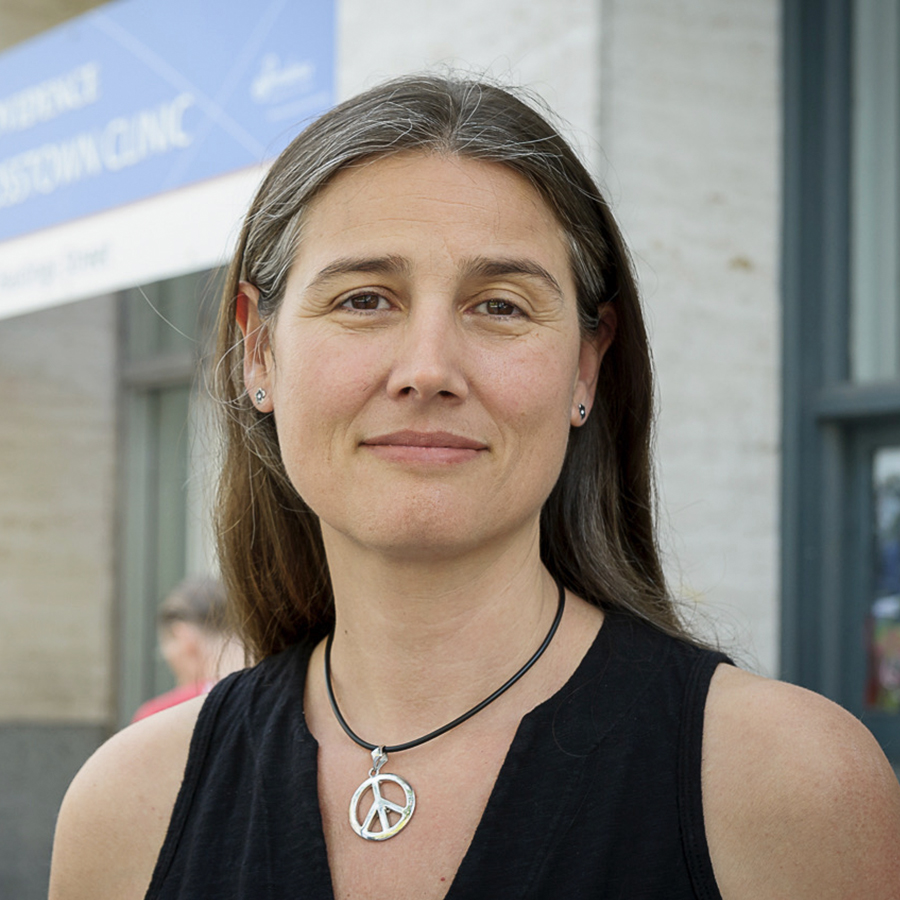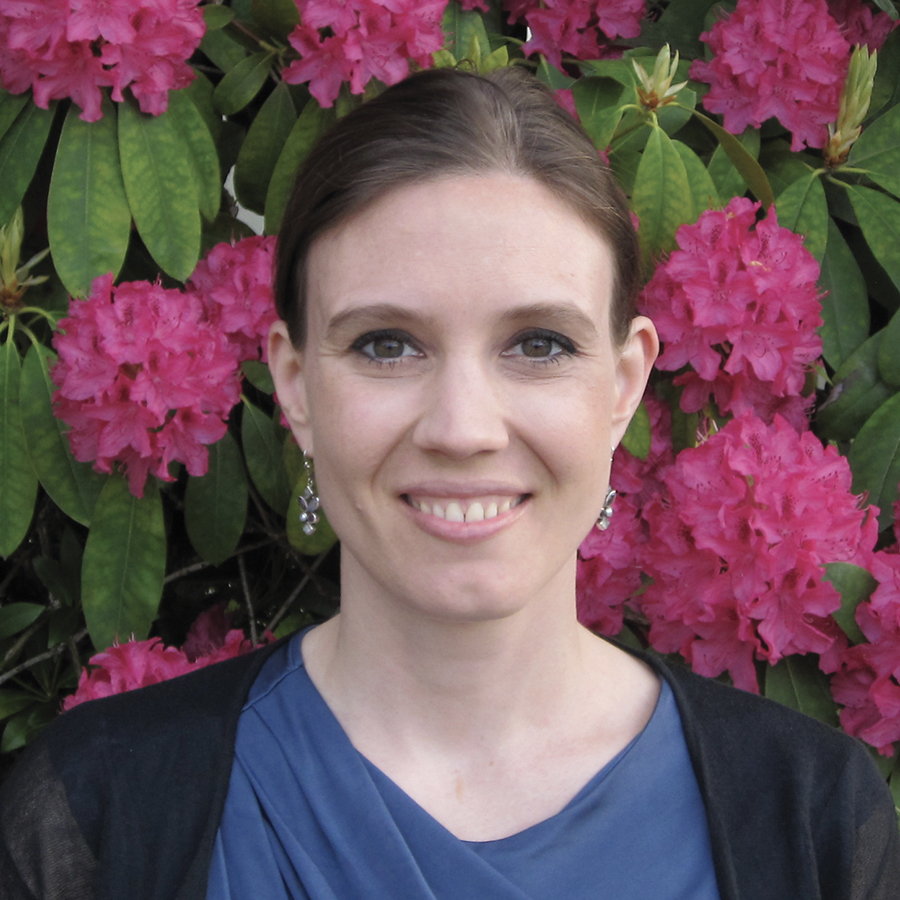The Government of British Columbia recently announced the funding of four new research initiatives, two of which are led by CHÉOS Scientists.

The B.C. Knowledge Development Fund (BCKDF) supports the development of research infrastructure, like labs and equipment. Through the Fund, Dr. Anne Gadermann received funding for a data platform for population-level research on child and youth mental health in B.C. Dr. Eugenia Oviedo-Joekes received funding to purchase equipment for her work as a Tier 1 Canada Research Chair in person-centred care in addictions and public health.
“We are pleased to have received funding through the BC Knowledge Development Fund to further our research in addictions and public health,” Dr. Oviedo-Joekes said in a press release. “By extending person-centred addiction research we are strengthening B.C.’s capabilities and development of programs that best meet the unique needs of individuals and improve their health outcomes.”
Specifically, the funding will enable Dr. Oviedo-Joekes and her team to develop a custom electronic data collection system framework that seamlessly incorporates a range of datasets, including outcome data and medication records, specific to people with opioid use disorder.
“While we know that innovative treatments like injectables are effective at reaching and treating people at high risk of overdose, we also need to recognize the profound diversity of our clients and adapt programs in order to optimize treatment uptake and effectiveness,” she said.

By combining measures that are meaningful to clientele, Dr. Oviedo-Joekes aims to represent the diversity of their needs, which can then be addressed by the health care system.
Speaking about how the funding will support her program of research, Dr. Gadermann noted “We are so grateful and energized by the support of the BC Knowledge Development Fund. This funding will go towards building a comprehensive data platform — one that will set the foundation for deepening our understanding of the life-course patterns and determinants of mental health and well-being in children and youth.”
The platform enabled by this funding will facilitate cost-effective, timely and high-quality collaborative research in this population.
Since 2017, the fund has awarded over $200 million to nearly 400 research infrastructure projects, spanning sectors, such as health and life sciences, nuclear physics, medicine, genomics, biotechnologies, energy, and forestry.



